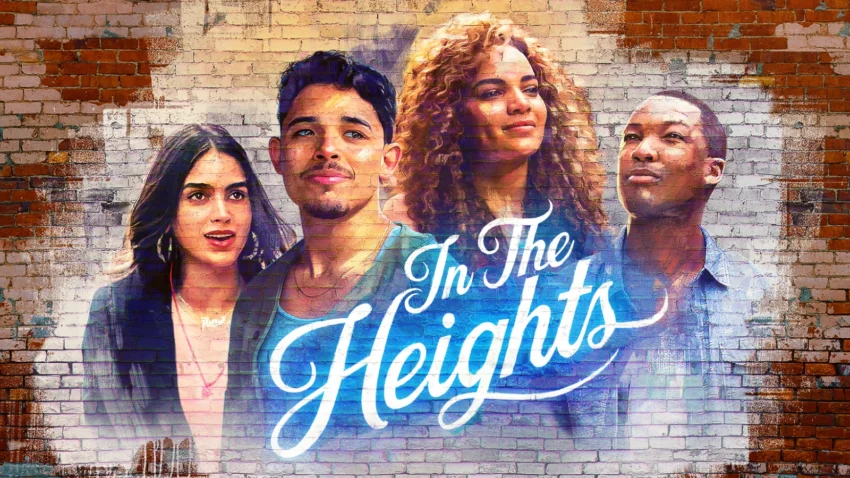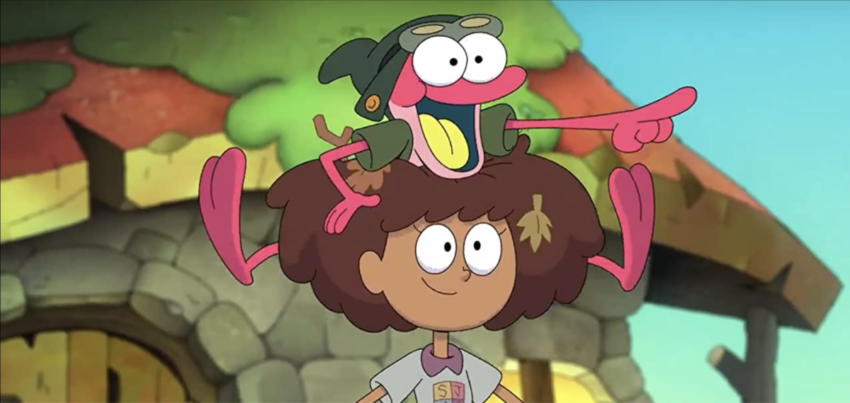Everywhere you look, writers are telling you the same thing: read, read, read. You MUST read in YOUR genre, books from authors writing books JUST LIKE YOURS. Don’t just read classics — scope out the competition, what does well in the market, and what elements make a story popular. If you write a book completely…
Category: Articles
In the Heights: First Impressions Matter
One day, in the not so distant past, I was talking to Mara about a character of mine. I told her that I wanted my character to enter the story by falling out of a tree. ‘A tree?’ She had asked me. She went on to question why I wanted this to happen. And…I didn’t…
Big Hero Six: The Fix for Dragging Scenes
Time and time again I’ve opened a chapter I’ve written only to find that it drags, that the dialogue is forced, or that it seems to lose direction. Even when there’s plenty of motivation, tons of character, and the scene is absolutely necessary to the plot, often it can seem pointless or just awkward… often…
The Barbie Movie: When Your Plot Clashes with Your Theme
Though it has certainly sparked some controversy, the Barbie movie was actually better than I thought it was going to be. It intentionally made fun of itself (which led to some hilarious jokes), the acting was well done, and the dialogue felt natural. This movie also had it’s fair share of problems, but the main…
The Little Mermaid: How It Changed The World Of Storytelling (And You Can, Too)
I love Disney history. The story of a small start-up animation studio that changed the world with its storytelling is not only inspiring, but also fascinating. It’s crazy to think that once-upon-a-time, the mega corporation that we know as Disney was a small animation studio with big plans and not enough money to fund them….
Amphibia: How to Write Deep and Genuine Friendships
We’ve talked a lot about romantic relationships in the past. How to write good ones, how to write different troupes, etc. But not all relationships are romantic ones, and they certainly shouldn’t be that way in stories. Having a myriad of relationships in your story is a great way to show how different each of…
Agents of SHIELD: How to Write Suspense, Even When Your Readers Know What Happens Next
Let’s be honest: Readers are smart. And, more often than not, they can sense when a plot point is on its way. The tried-and-true plot structure that has done so much good for creating consistently well-written stories can also be a huge detriment to plot twists. Whether or not you’re great at disguising your plot…
Mystwick School of Musicraft: How to Create an Awesome Premise
It’s pretty hard to find an original idea in today’s modern fiction works. Everything in theaters is either a sequel, a rework, or a play off of nostalgia. Even a few books have been turning to classic cliches instead of creating a premise of their own. On this blog, we love to use fictional examples…
Bliss: How To Craft a Page-Turning Plot
Everyone knows what makes an exciting story: throwing impossibly difficult hurdles at your protagonists! Some plot structures consist of nothing more than watching characters struggle with increasingly difficult challenges. And this can create some very interesting character moments! But although it’s fascinating to watch your characters grapple with challenges while balanced atop high stakes, that…
Rapunzel: How to Write a Girlboss (Who’s Actually Strong)
The ‘girlboss’ trope has grown increasingly popular in many books and films. She’s usually a headstrong, young, fighter woman that beats up a group of guys in order to save the day, and she’s meant to be a positive role-model for girls all around the world. However, these kinds of characters don’t often successfully do…










